According to information from Hanoi University of Science and Technology, in the first round, a total of 2,707 candidates took the exam. The candidate with the highest score was 95.85/100, the average score was 52.48/100, the median was 52.14/100. There were 3 candidates with over 90 points, 27 candidates with over 80 points.
The percentage of candidates scoring over 70 points is about 5.28%, scoring over 60 points is 23.86% and scoring over 50 points is 57.26%.
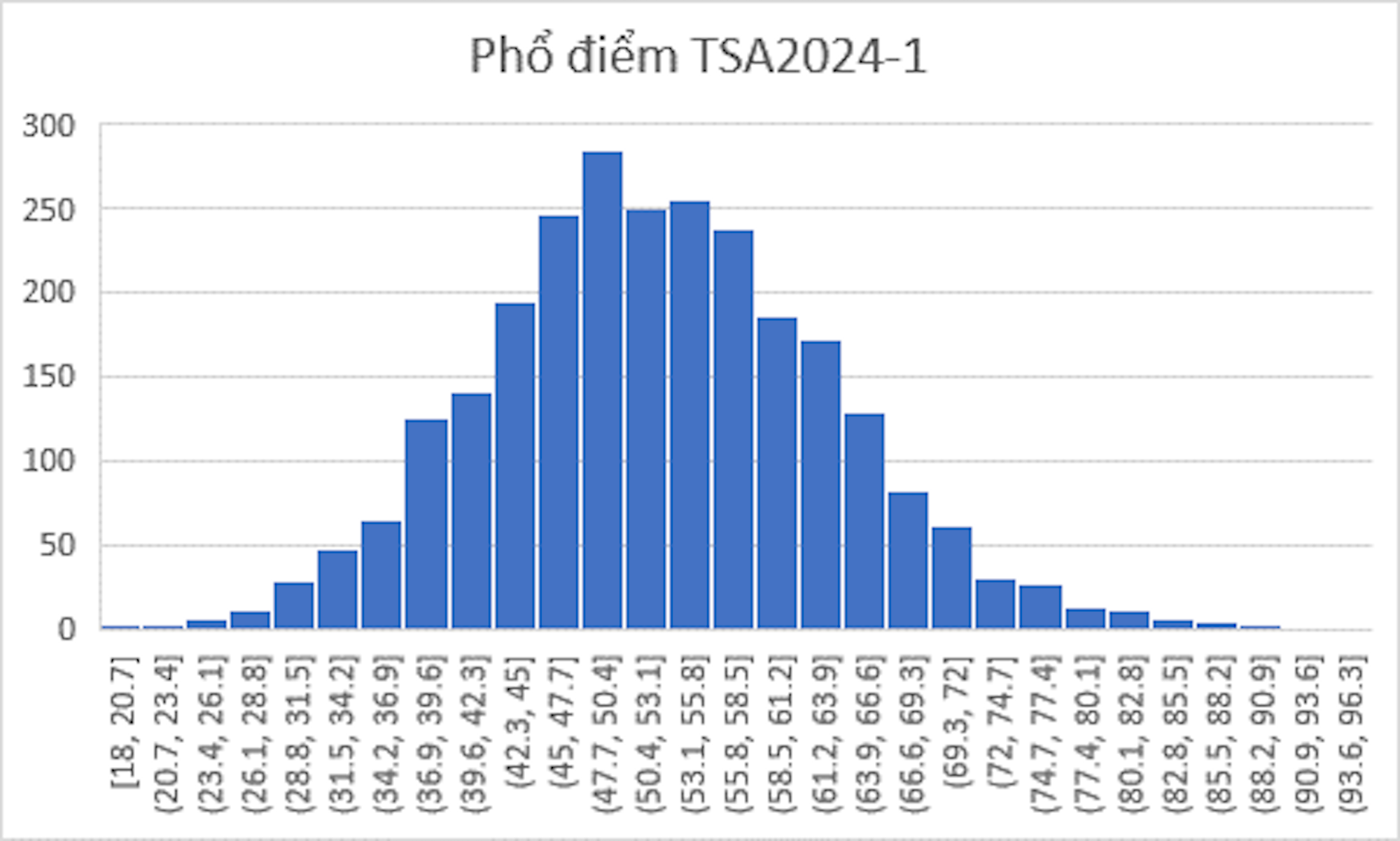
Score distribution of the first round of thinking assessment exam in 2024.
The first round of the 2024 Thinking Assessment Exam (TSA2024) is organized by Hanoi University of Science and Technology at 9 examination clusters: Hanoi, Hung Yen, Nam Dinh , Thanh Hoa, Nghe An, Hai Phong, Quang Ninh, Thai Nguyen, Da Nang.
What is special about the TSA2024 exam and the following years is that candidates will be announced both TSA component scores, including: Math, Reading Comprehension, Science /Problem Solving.
Of the 2,757 candidates taking the first round of the exam, 85 candidates who do not have a chip-embedded ID card will need to complete additional procedures to receive their exam results. In the next exams, candidates will be more careful about bringing a chip-embedded ID card to the exam.

Registration schedule for the 2024 thinking assessment exams.
Associate Professor Dr. Nguyen Phong Dien - Deputy Director of Hanoi University of Science and Technology said that this year's exam was arranged earlier than every year with the goal of allowing students who are confident in their knowledge to take the exam early.
In addition, another goal is to help candidates get familiar with the content and structure of the test, the test software and especially to assess their current thinking ability in order to have a suitable review plan.
The structure of this year's exam remains the same as in 2023, consisting of 3 parts: Mathematical Thinking, Reading Comprehension and Scientific Thinking, in which the content of the exam sections does not focus on testing knowledge of subjects but focuses on assessing individual thinking abilities. In particular, the Scientific Thinking section has "erased the boundaries" between subject combinations, in line with the content of the new high school program.
"Candidates should not take two exams close together because they will not improve their abilities and will have poor test results. Learning basic knowledge is very important. The exam is not 'tricky' but asks for a lot of broad knowledge. With a large number of questions and at 3 levels of thinking, candidates must be very urgent and have a good test-taking strategy," said Mr. Dien.
Ha Cuong
Source



![[Photo] President Luong Cuong receives delegation of the Youth Committee of the Liberal Democratic Party of Japan](https://vstatic.vietnam.vn/vietnam/resource/IMAGE/2025/8/22/2632d7f5cf4f4a8e90ce5f5e1989194a)
![[Photo] President Luong Cuong attends special political-artistic television show "Golden Opportunity"](https://vstatic.vietnam.vn/vietnam/resource/IMAGE/2025/8/22/44ca13c28fa7476796f9aa3618ff74c4)

![[Photo] Prime Minister Pham Minh Chinh chairs the conference to review the 2024-2025 school year and deploy tasks for the 2025-2026 school year.](https://vstatic.vietnam.vn/vietnam/resource/IMAGE/2025/8/22/2ca5ed79ce6a46a1ac7706a42cefafae)











































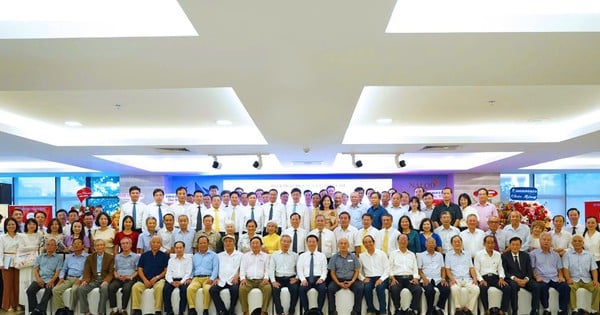

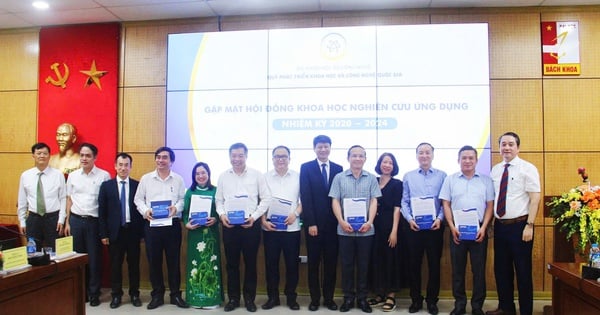









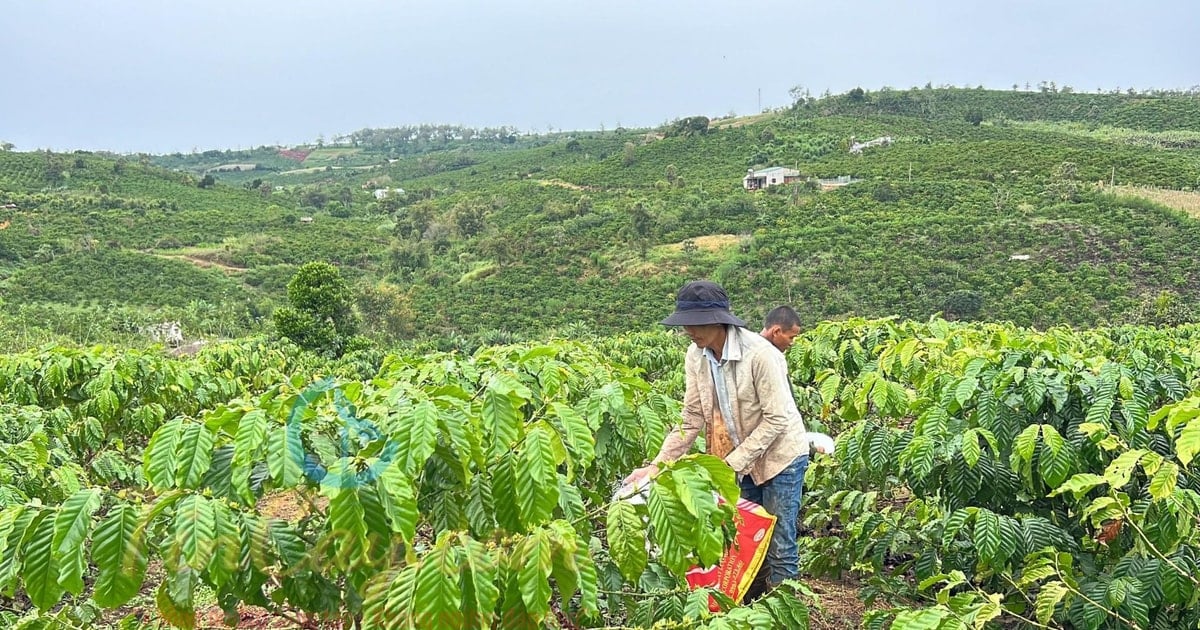

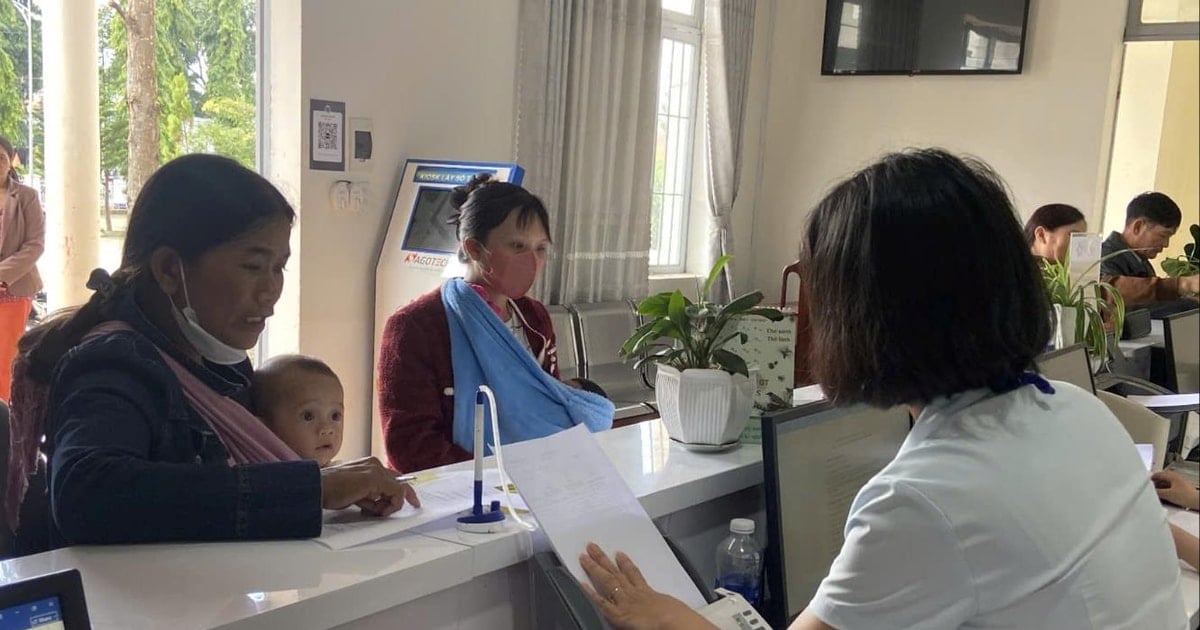

















Comment (0)